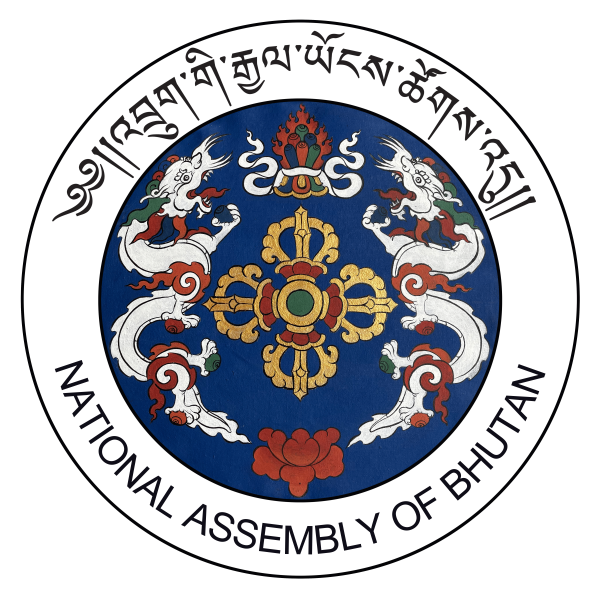
𝐌𝐨𝐭𝐢𝐨𝐧 𝐨𝐧 𝐭𝐡𝐞 𝐢𝐬𝐬𝐮𝐞𝐬 𝐫𝐞𝐥𝐚𝐭𝐞𝐝 𝐭𝐨 𝐏𝐫𝐨𝐜𝐮𝐫𝐞𝐦𝐞𝐧𝐭 𝐑𝐮𝐥𝐞𝐬 𝐚𝐧𝐝 𝐑𝐞𝐠𝐮𝐥𝐚𝐭𝐢𝐨𝐧𝐬 𝐢𝐬 𝐦𝐨𝐯𝐞𝐝
The Member of Parliament from Lamgong-Wangchang Constituency moved a motion addressing the challenges faced by Bhutanese contractors and suppliers due to the newly implemented Procurement Rules and Regulations of 2023. This motion comes in light of the 13th Five-Year Plan, which boasts a historic budget of Nu 512.283 billion, marking a 63% increase over the previous plan. The capital budget alone stands at Nu 245 billion, representing 47.83% of the total outlay.
The member highlighted on the ten recommendations as follows:
1. Remove Dzongkhag-Based Business Requirement: Eliminate restrictions that limit competition to local entities, allowing broader participation from contractors across Bhutan.
2. Establish Robust Selection Criteria: Introduce additional criteria to guide the Tender Committee's selection process, ensuring fairness and transparency.
3. Exclude Contractors with Negative Records: Disqualify bidders with a history of work terminations, corruption charges, or ongoing litigation to maintain project integrity.
4. Phased Release of Retention Money: Allow contractors to access retention money in phases, improving their cash flow without compromising defect liability assurances.
5. Transparent Sharing of Departmental Estimates: Ensure that all bidders have access to departmental estimates to promote fair competition and reduce biased outcomes.
6. Adjust Technical Resource Requirements: Modify requirements for key personnel and equipment to allow bidders to secure necessary resources during project execution rather than at the bidding stage.
7. Promote Joint Ventures: Encourage the formation of joint ventures among contractors to enhance collaboration and improve project delivery.
8. Integrate E-Procurement Systems: Streamline the procurement process by integrating the government e-procurement system with relevant databases to eliminate manual errors and improve efficiency.
9. Outsource Design and Estimation Tasks: Consider outsourcing tasks like design and estimation to private consultants, allowing agency engineers to focus on monitoring and evaluation.
10. Implement Robust Monitoring Mechanisms: Establish effective oversight and monitoring systems to ensure compliance with procurement rules and maintain project quality throughout execution
During the deliberations, the members stated that it is important to support the private sector, as many people rely on it. They emphasized that it is time for the government to make service delivery more people-friendly and service-friendly. Additionally, the members suggested avoiding direct and limited tenders, as this would help curb inequality and corruption. The members expressed their support for all the recommendations and stressed the need to address issues related to the Procurement Rules and Regulations, which contractors face due to direct and limited tenders, potentially leading to corruption. The Home Minister noted that there appear to be two sets of regulations: one for the government and one for the private sector. This discrepancy is still prevalent, and if it continues, private companies and sectors will never grow. Therefore, it is necessary to implement a proper tender procedure that ensures equal opportunities and benefits contractors in general. The member from Bartsham Shongphu proposed that the government introduce a Procurement Bill. With the majority raising their hands in favor, this was added as an additional recommendation.
The House endorsed the motion with all voted for Yes out of the 43 members present. The House also instructed the Finance Minister and Ministry of Finance to review these recommendations.
Comment
You May Also Like
Vote / Poll
How should the government react to Bhutanese leaving to Australa ?
Encourage them
Discourage them
Stop them from leaving
67%
17%
15%





